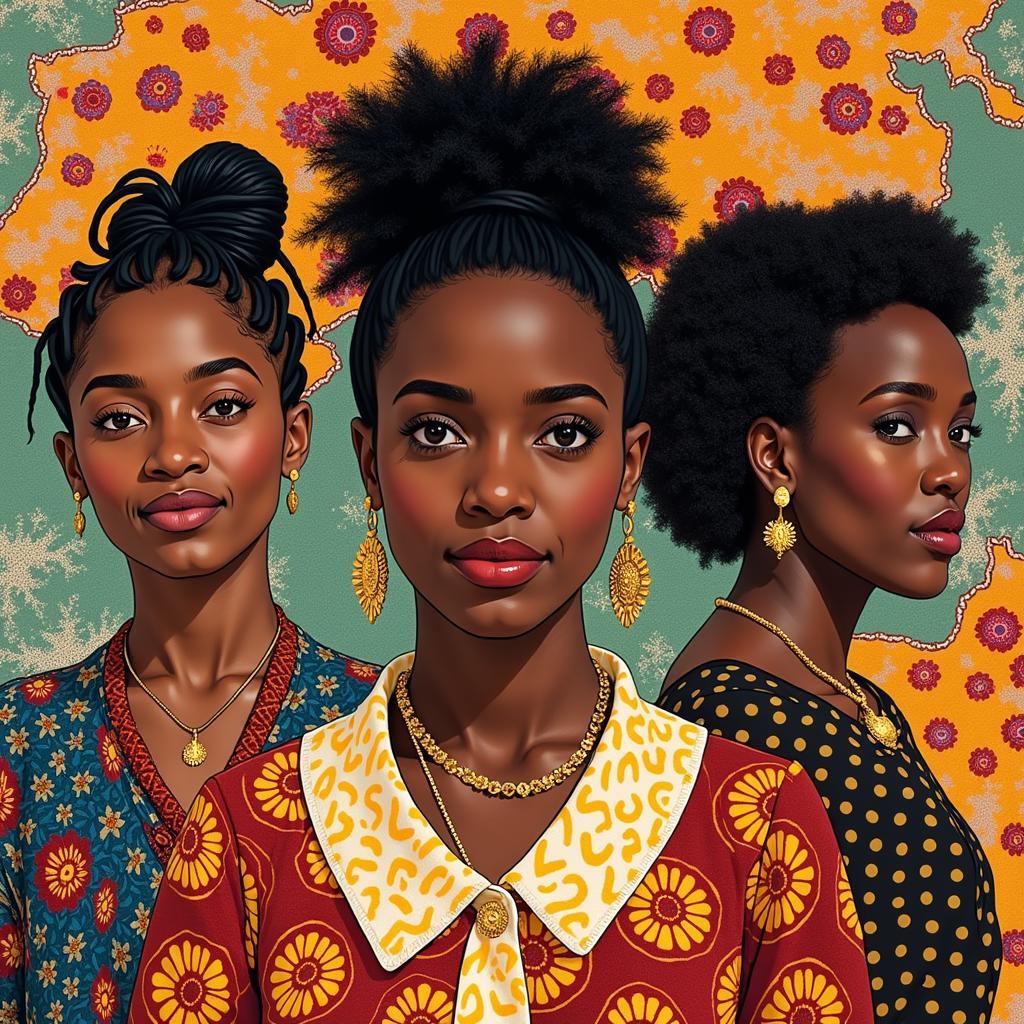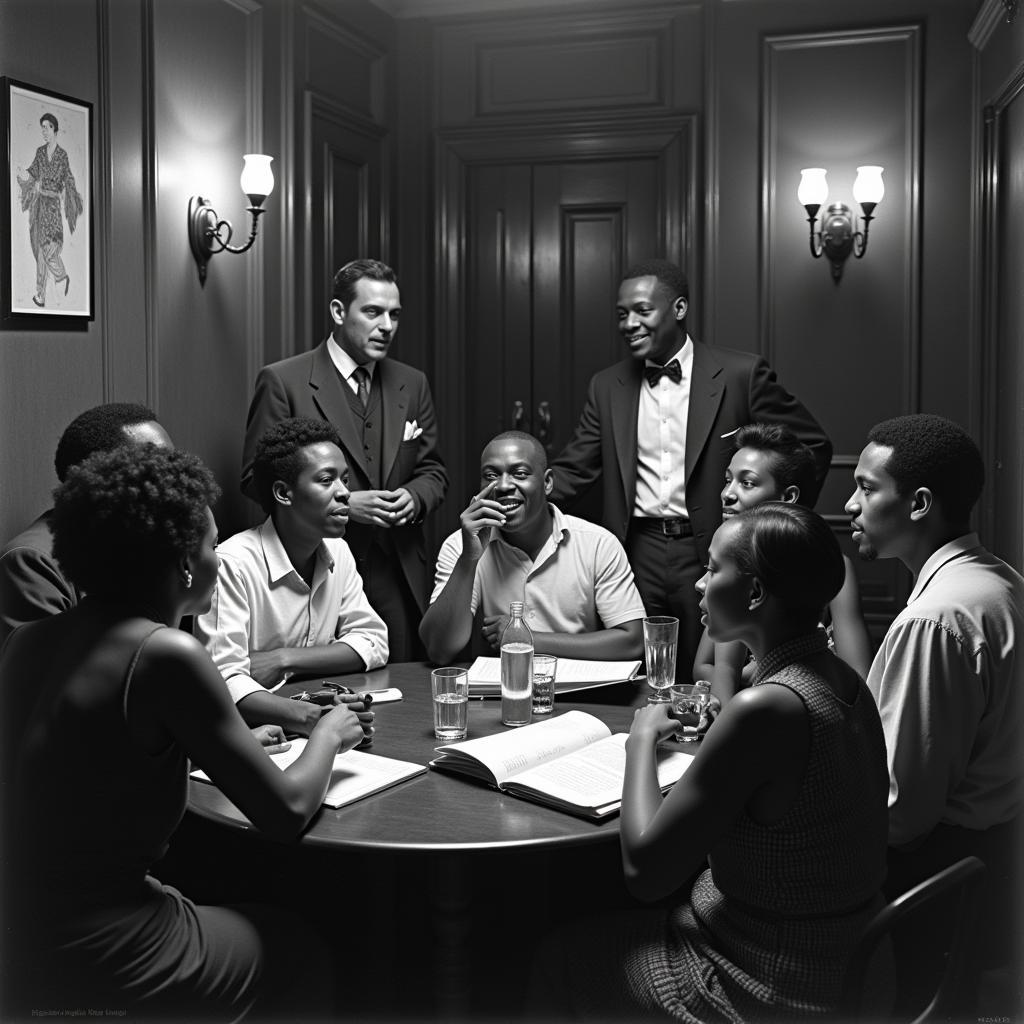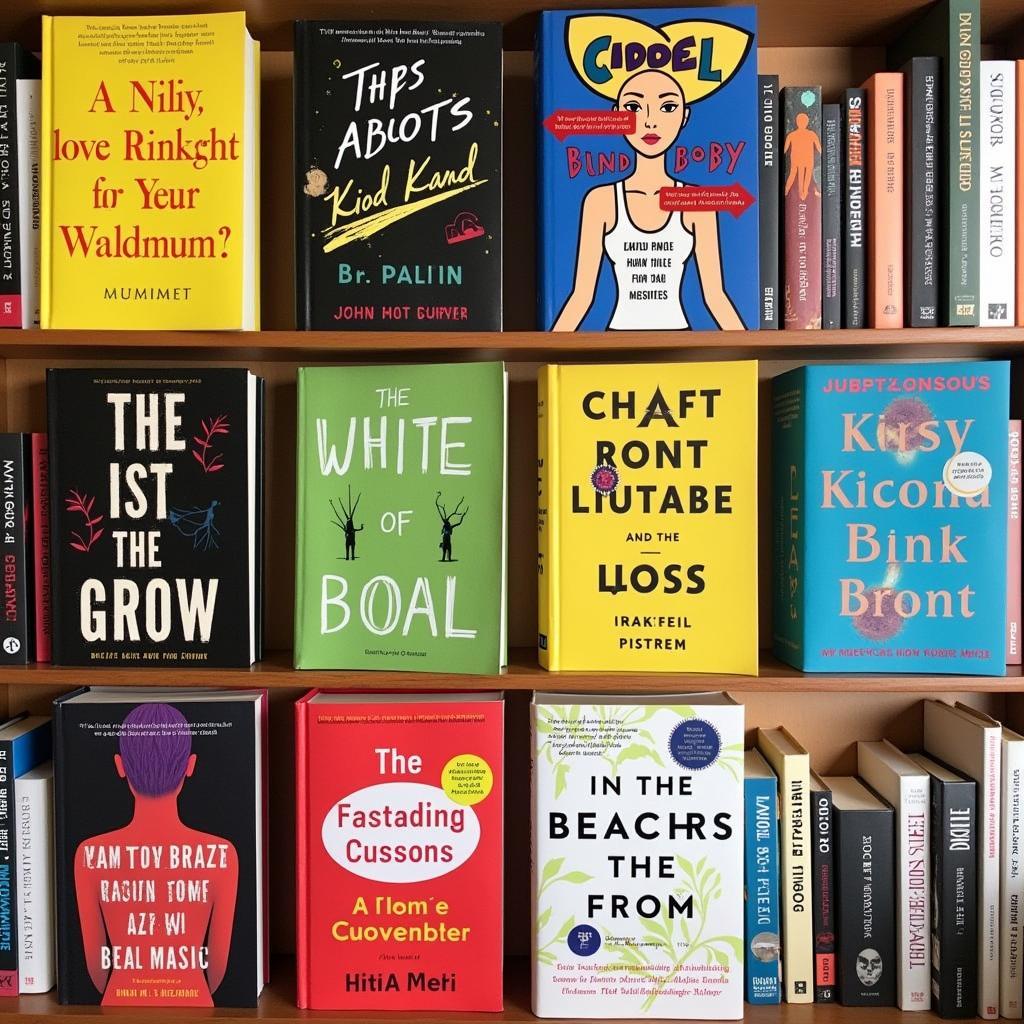African Diasporic Short Story Writers: A Legacy of Resilience and Creativity
African Diasporic Short Story Writers offer a unique and powerful lens through which to view the world. Scattered across the globe, their stories explore themes of displacement, identity, memory, and resilience, giving voice to the complexities of the African diaspora experience. From the Harlem Renaissance to contemporary literary landscapes, these writers have left an undeniable mark on literature, shaping how we understand race, culture, and belonging.
 Writers of African Descent
Writers of African Descent
Unpacking the Power of the Short Story
The short story, with its inherent conciseness, provides a potent medium for writers of the African diaspora to explore multifaceted themes. Unlike novels, short stories allow for a laser focus on specific moments, relationships, or turning points, amplifying their emotional impact. This form allows writers to delve into the nuances of displacement, the search for belonging, and the lingering effects of colonialism, all within a condensed narrative space.
Early Voices, Lasting Impact
The early 20th century saw the emergence of several pioneering African diasporic short story writers. Thinkers like W.E.B. Du Bois, with his poignant tales of racial injustice in “The Souls of Black Folk,” and Claude McKay, known for capturing the spirit of resistance in stories like “Home to Harlem,” laid the groundwork for future generations. These writers confronted racism and prejudice head-on, giving voice to the struggles and triumphs of Black communities in a world grappling with colonialism and segregation.
 Literary Scene of the Harlem Renaissance
Literary Scene of the Harlem Renaissance
A Tapestry of Experiences: Regionality and Identity
One of the most captivating aspects of African diasporic short story writing is the sheer diversity of voices and perspectives. Writers like Chinua Achebe, hailing from Nigeria, presented the realities of colonialism and its impact on traditional societies in stories like “Things Fall Apart.” Meanwhile, Caribbean writers such as Jamaica Kincaid, through her evocative prose in “Annie John,” explored themes of mother-daughter relationships and the search for identity within a postcolonial context. This regional diversity enriches the literary landscape, offering a nuanced understanding of how the African diaspora experience is shaped by specific geographies, histories, and cultural contexts.
Contemporary Voices, Continuing the Conversation
The legacy of African diasporic short story writing continues to thrive in the 21st century. Authors like Chimamanda Ngozi Adichie, with her sharp observations on gender, culture, and politics in stories like “The Thing Around Your Neck,” and Dinaw Mengestu, who explores themes of displacement and belonging in “The Beautiful Things That Heaven Bears,” offer fresh perspectives on the ongoing search for identity and belonging in an increasingly globalized world. These writers are pushing boundaries, experimenting with form, and engaging with contemporary issues like migration, globalization, and the complexities of identity in a digital age.
 Modern African Literature on a Bookshelf
Modern African Literature on a Bookshelf
A Timeless Legacy
African diasporic short story writers, through their powerful narratives and evocative prose, offer us a glimpse into the multifaceted experiences of displacement, resilience, and the ongoing pursuit of identity. Their stories resonate deeply, reminding us of the enduring power of literature to bridge cultural divides, challenge perspectives, and foster empathy and understanding in a world often fractured by difference. By engaging with their work, we embark on a journey of discovery, exploring the rich tapestry of the African diaspora and its lasting impact on our world.

